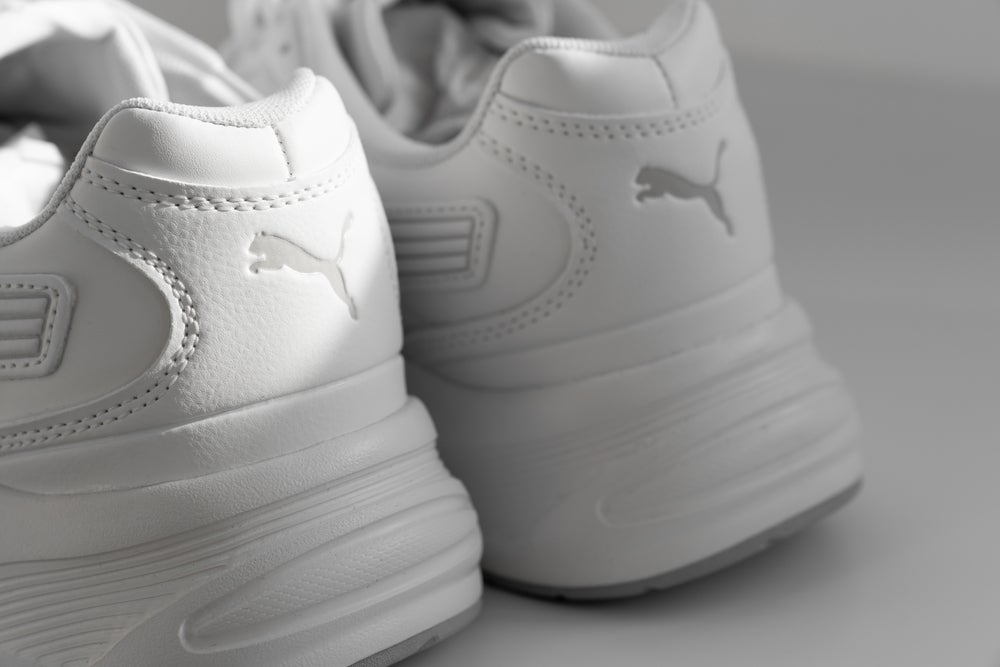
Puma has signed up for the Deforestation-Free Call to Action for Leather, launched by global non-profits Textile Exchange and Leather Working Group, which aims to create equitable, transparent, and deforestation-free leather supply chains.
The cross-sector initiative wants to encourage brands to end the deforestation and conversion of natural ecosystems linked to leather sourcing. In doing so, it looks to protect wildlife habitat and biodiversity, preserve carbon stocks to mitigate climate change, and protect human rights.
“To mitigate the risk of biodiversity loss due to our production processes, Puma addresses environmental pollution risk through our targets to increase the use of more sustainable materials and through our suppliers’ programme on climate, chemicals, water, and air,” says Veronique Rochet, senior head of sustainability at Puma.
“This deforestation-free commitment also directly supports one of Puma’s 10FOR25 sustainability targets dedicated to reducing our impact on biodiversity. To help the protection of endangered forests and species, Puma also commits to not using any wood or wood-derived fabrics made from ancient and endangered forests,” says Rochet.
Puma explains that all (100%) of the leather it currently sources is from Leather Working Group certified tanneries. This means the leather used in Puma products comes from manufacturers who are working to implement industry good practice standards of environmental management and traceability. Puma currently monitors its LWG (Leather Working Group) medal-rated tanneries’ upstream traceability performance.
However, the brand admits half of the leather it uses is Suede, a byproduct of the full-grain leather business. It says the challenge for Puma and the wider industry is that most suede tanneries work with agents and intermediaries besides direct tanneries to guarantee a stable supply which makes it difficult to have full traceability at cattle ranch level.
Puma says it looks forward to collaborating with the industry, its leather supply chain, Textile Exchange, and the Leather Working Group to address the barriers and find solutions together.



